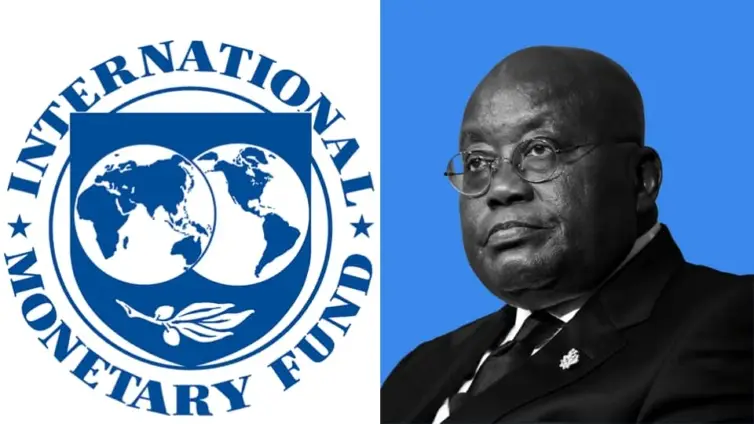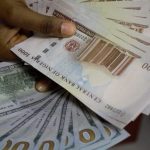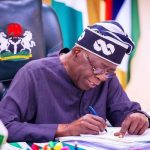
The International Monetary Fund (IMF) has urged the Bank of Ghana (BoG) to reduce its interventions in the foreign exchange market. While market-friendly transparency is welcome, this push risks abandoning the cedi to wild volatility and deepening the economic hardship on everyday Ghanaians.
As of mid-2025, the cedi has appreciated, rising from around GH¢14.70 at the start of the year to approximately GH¢10.39 per dollar. The IMF attributes this gain to improved underlying fundamentals, including increased gold export earnings, stronger remittances, and a slight uptick in oil revenues.
In its latest post-review statement, Deputy Managing Director Bo Li recommended that the BoG “reduce its footprint in the foreign exchange market” and implement a formal, rules-based FX intervention policy, essentially calling for less active stabilisation and more market-determined rates. The Fund argues that allowing greater exchange rate flexibility will anchor market expectations and strengthen investor confidence.
But the timing of this advice is drawing criticism. Ghana’s economy remains fragile, with inflation at 18.4 per cent in May 2025, and food prices increasing by 25 per cent. Public debt exceeds 91 per cent of the country’s GDP, and interest rates remain high at approximately 29 per cent. With an economy heavily reliant on imports, from fuel to food, a weaker cedi driven purely by market forces will immediately translate into a higher cost of living across the board.
Without active FX intervention, the cedi will become a playground for speculative capital flows, further destabilising prices and reducing household purchasing power. Last year, the IMF-backed Extended Credit Facility (ECF) tied strict macroeconomic conditions to a support package of approximately US$3 billion, including the most recent US$370 million disbursement, which is expected by mid-July. That programme already demanded steep austerity: wage cuts, subsidy removal, and multi-year fiscal restraint.
Local labour unions, civil society groups, and even commercial associations, like the Ghana Exporters Federation, have warned that allowing market forces to steer the cedi without adequate safeguards will further deteriorate livelihoods, slash profit margins, and escalate social unrest.
Supporters of the IMF’s approach argue that institutionalising FX policy delivers long-term stability, citing improved investor sentiment and reduced currency risk. However, past episodes in Ghana show that market-led currency adjustments can be volatile and politically destabilising, especially when social cushions are weak.
The Fund’s stance amounts to “market over mandate”, favouring investor metrics over citizen welfare. They are calling for a hybrid approach:
Limited FX interventions to check speculative attacks, paired with structural reforms, such as export diversification, diaspora remittance incentives, and better gold trade regulation.
As the BoG considers the IMF’s recommendation, the coming weeks will be critical.
Will Ghana’s central bank retreat completely from support, risking a fresh round of household hardship? Or will it instead use any IMF flexibility to balance investor expectations with protection for its people?
Read More:
- From APC Chairman to Aviation Boss: Ganduje’s ‘Health’ Resignation Clears Path for FAAN Appointment by Tinubu
- Tinubu Yet to Appoint Ambassadors as Nigeria Faces Diplomatic Setbacks Amid U.S. and UAE Visa Restrictions
About The Author
Related Articles
AES Condemns Niamey Airport Attack, Warns of Coordinated Destabilisation
The Alliance of Sahel States has strongly condemned the armed attack on...
ByWest Africa WeeklyFebruary 2, 2026Mali Cedes Strategic Land to Guinea to Deepen Trade Cooperation
Mali has approved the transfer of a strategic parcel of land to...
ByWest Africa WeeklyFebruary 2, 2026Senegal to Appeal CAF Sanctions After AFCON Final Controversy
Senegal has announced plans to formally appeal the sanctions imposed by the...
ByWest Africa WeeklyFebruary 2, 2026Burkina Faso Takes Legal Step Toward Nuclear Energy Development
Burkina Faso has voted to join the Vienna Convention on Civil Liability...
ByWest Africa WeeklyFebruary 2, 2026













Leave a comment